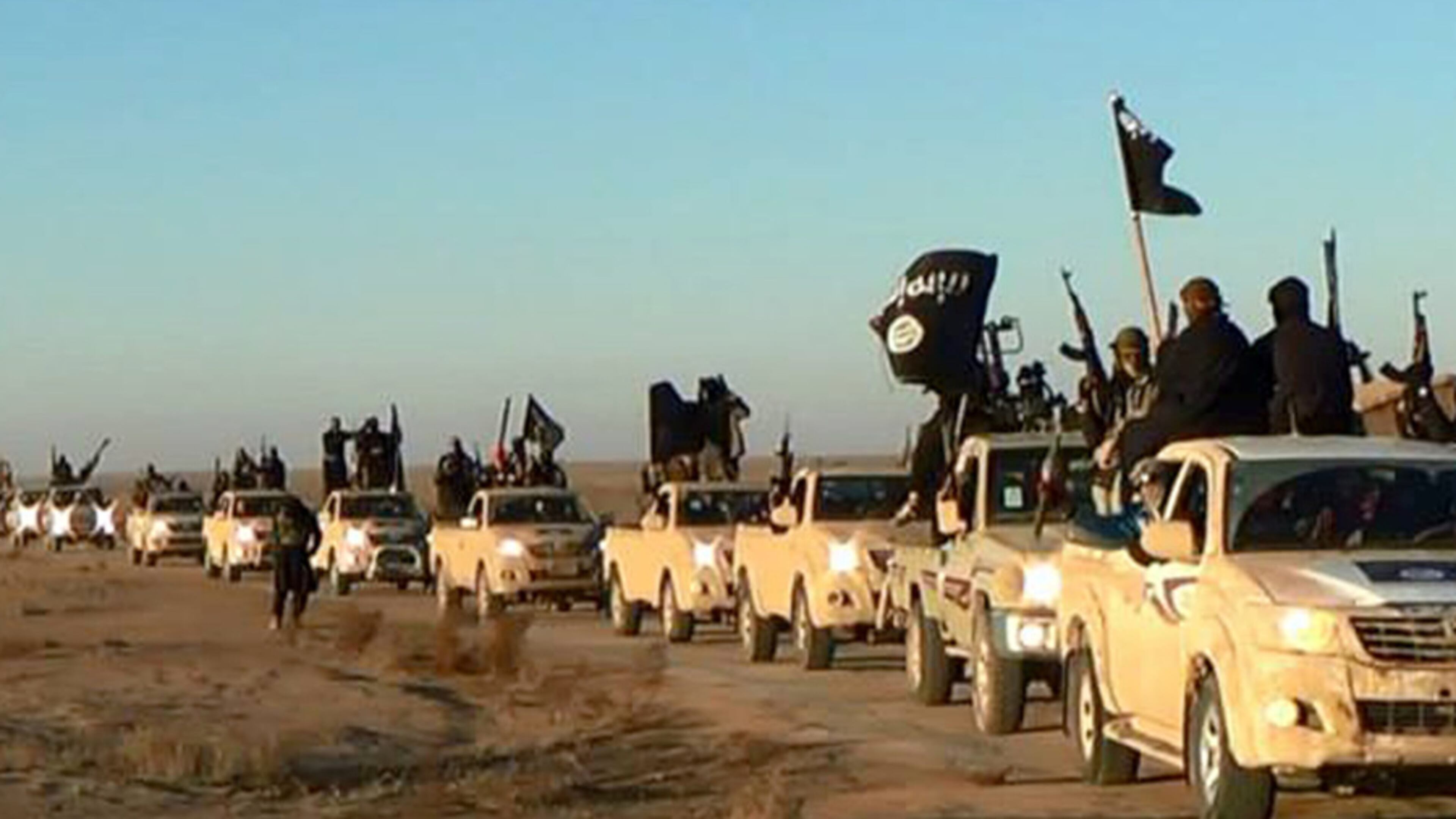On ISIS authorization, Congress confronts its own futility

President Obama has now asked Congress for formal authorization of military action against ISIS, even though those actions have been underway for more than six months, with the United States conducting thousands of air strikes -- a dozen in the last two days -- and with some 2,600 U.S. military advisers already involved in training of troops and targeting of firepower.
It's important to note that during those six months, Congress has been all too content to stay on the sidelines and do nothing. Congressional leadership didn't want to deal with an authorization vote prior to the mid-term elections; then they didn't want to deal with authorization in the lame-duck session. And it is all too conceivable that they will be unable to agree upon an authorization even now, and by doing nothing, they will cede further authority and responsibility to a president whom they will then accuse of overreaching.
To a degree, the Founders anticipated that institutional weakness by investing war-making powers in the executive rather than legislative branch, but I don't think even they expected the current scale of congressional dysfunction.
Historically speaking, the authorization requested by Obama places limits on his own presidential power -- limits in duration, limits on the scope of military actions -- that previous presidents have rejected. For example, the proposal says explicitly that it does not authorize "enduring offensive ground combat operations." As Obama explained his policy, "The United States should not get dragged back into another prolonged ground war in the Middle East."
Some -- particularly Republicans with an eye on occupying the White House themselves -- reject those limits and insist that we have to get tougher against ISIS. The problem is that "get tougher" is an applause line; it is not a strategy. Ask those advocates of toughness precisely what they mean -- Do you propose to send several brigades of U.S. troops into combat? Should Americans fight and die to protect Iraqis against ISIS when Iraqi troops refuse to fight themselves? -- and these paragons of courage quickly retreat into vagaries and evasions. They want to condemn the president for not taking steps that they themselves refuse to even articulate, let alone implement.
Conversely, many Democrats are wary that the requested authorization goes too far, that the limits on presidential authority are ill-defined. For example, the ban on "enduring ground combat operations" leaves the door open to ground operations of another sort, particularly with no hard definition of what "enduring" means. But as Obama explained, that flexibility is critical.
“If we had actionable intelligence about a gathering of ISIL leaders, and our partners didn’t have the capacity to get them, I would be prepared to order our special forces to take action, because I will not allow these terrorists to have a safe haven.”
Overall, I think the requested authorization reflects both the strategic situation and what popular opinion will support. For example, nobody is explicitly advocating a major U.S. combat presence in that region because they know the American people would not support it. Just as importantly, if we have learned anything in the past 15 years, I would hope that we have learned that as Western outsiders in the Middle East, we cannot win the struggle or impose a solution on those who live there.
We can, however, manage and contain the risk while those more deeply entwined with the region's history and its future determine the outcome. There are things that only America can do, such as a sustained air campaign against ISIS and possible special operations, and we should be ready to do those things, for our own self-interest and because we helped to create this terrible problem in the first place. However, there are also things that the Iraqis, Kurds, Jordanians and Syrians can do for themselves, such as engage in ground combat against their enemy, and we must require them to do those things. It is, in the end, their fight.
That's the sweet spot that the Obama request attempts to hit. If Congress disagrees, it has the opportunity to force a change in that policy, but I have no expectation that it will do so.


